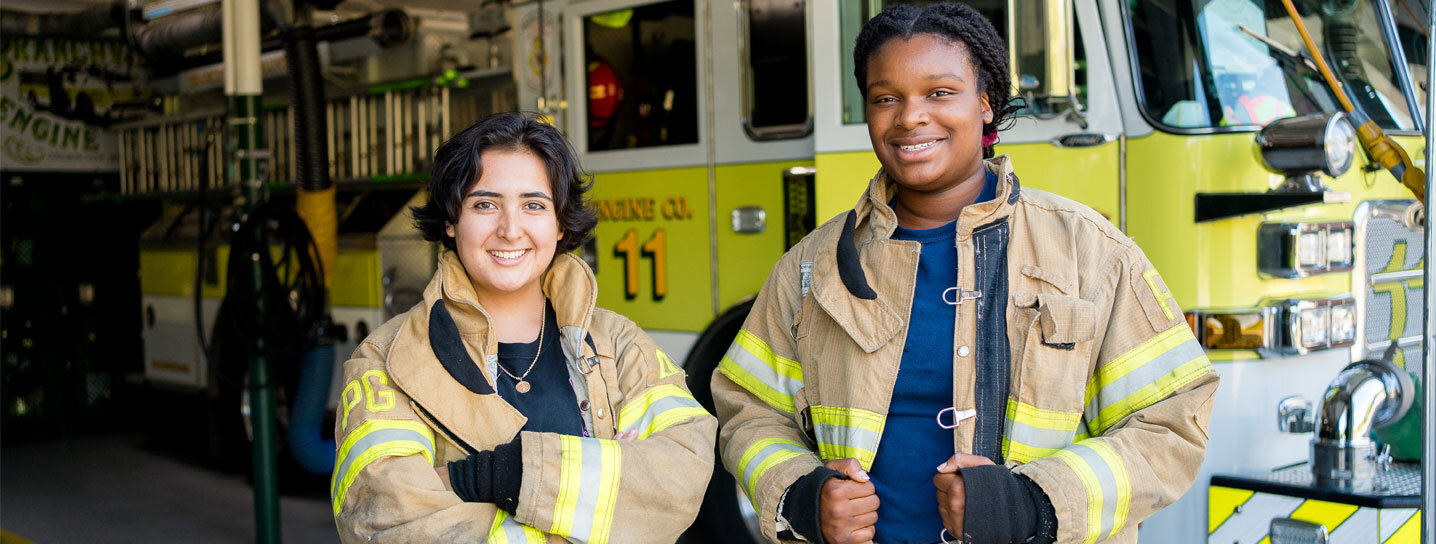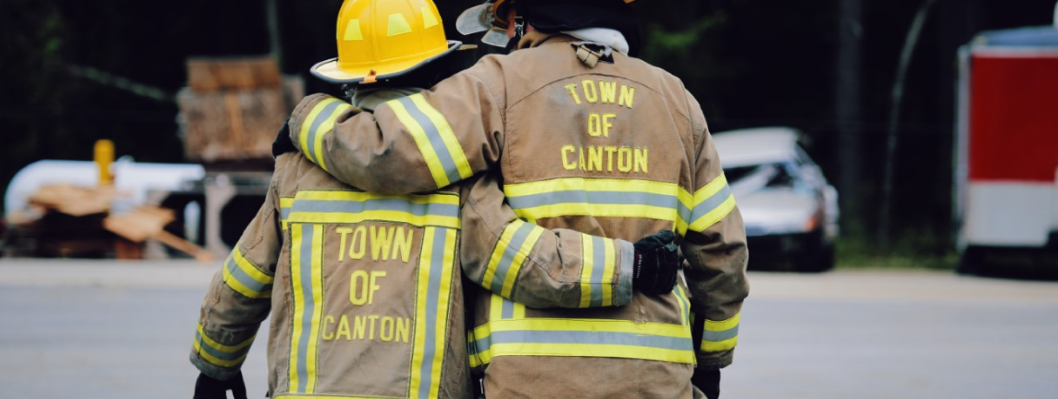
FREQUENTLY ASKED QUESTIONS
Who can be a volunteer firefighter or EMT?
If you have the desire to serve, you can be a volunteer firefighter or EMT. You don’t need any prior experience in emergency services; you will receive the training you need when you join the department. Your local department will likely have specific requirements, such as a minimum age or background check, but these vary by department. Learn more about the process of becoming a volunteer firefighter.
What are the benefits of being a volunteer firefighter or EMT?
Volunteer first responders help their fellow citizens in times of need. Volunteers enjoy a sense of accomplishment, achievement, and pride in the work they do. In addition, volunteers get to learn new skills, make new friends, be a part of a team, give back to their community, and make a real difference.
Some states, localities, and departments offer tangible benefits to their volunteers. These vary greatly, but examples may include pay per call, specialized/technical training, reimbursements for items such as food or gas, tax exemptions or deductions, insurance coverage, tuition assistance, live-in programs for college students, seasonal bonuses, business discounts, uniforms and department paraphernalia, or awards programs.
Contact your local department to learn about specific benefits they offer.
What are the minimum requirements I need to meet to be a volunteer firefighter or EMT?
Many departments have minimum requirements one must meet before joining a department. The specifics vary by department but may include:
- Meeting a minimum age requirement
- Meeting a minimum education requirement
- Having a valid driver’s license
- Passing a background check
- Completing a physical evaluation
- Proof of residency within certain geographic boundaries
Contact your local department to learn about their requirements.
What is the age minimum to become a firefighter or EMT?
Age requirements vary by department but the minimum age typically ranges anywhere from 16-21 for volunteer firefighters or EMTs.
Contact your local department to learn about their requirements.
What kind of training do I need?
Once you sign up to be a firefighter or EMT, you will need to be trained. Training requirements vary by state, locality, and department. The time investment in training depends on the level of training and certifications your specific department requires. Fire departments typically provide or arrange for volunteer personnel to receive all required training at no cost to the individual.
In general, volunteers may be asked to complete certification training for one or more of the following: Firefighter I, Firefighter II, Emergency Medical Responder, Emergency Medical Technician, Paramedic, Hazmat Awareness, Hazmat Operations, Traffic Incident Management, Wildland Firefighter
Contact your local department to learn what training they require.
What will I do as a volunteer in my local fire department?
Depending on the services your department provides, the training you receive, and the department’s needs, you may be asked to do some of the following. Fire departments typically provide or arrange for volunteer personnel to receive all required training at no cost to the individual.
- Fire Suppression
- Emergency Medical Services
- Hazardous Materials (Hazmat) Response
- Search and Rescue
- Traffic Incident Management (TIM) and Highway Safety
- Public Information and Education
- Inspections
- Fundraising
- Public Events
Are there ways I can help my local department without becoming a first responder?
Yes, departments often utilize community volunteers to assist with the non-emergency tasks of the department. This frees up the firefighters and EMS personnel to focus on training and response activities, while enabling community members to provide needed support to help their local department run. Activities may include fundraising, translation services, incident pre-planning, community outreach, fire prevention and life safety education, providing rehab at incident scenes, and much more. You can explore more about becoming a non-emergency volunteer at www.firecorps.org.
Contact your local department to learn what support opportunities are available.
Where can I get more information?
Find opportunities near you through the search feature on this web site and then use the form or contact information to connect with your local department for more information. You can also watch the videos on the What It's Like page of this site to learn more about being a fire service volunteer.

